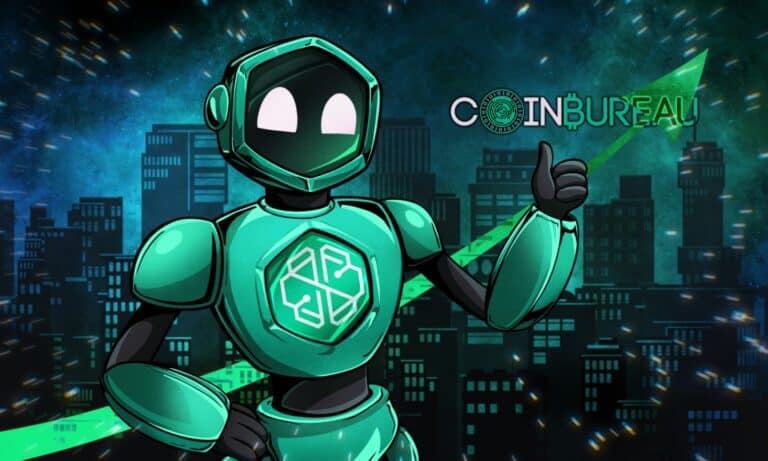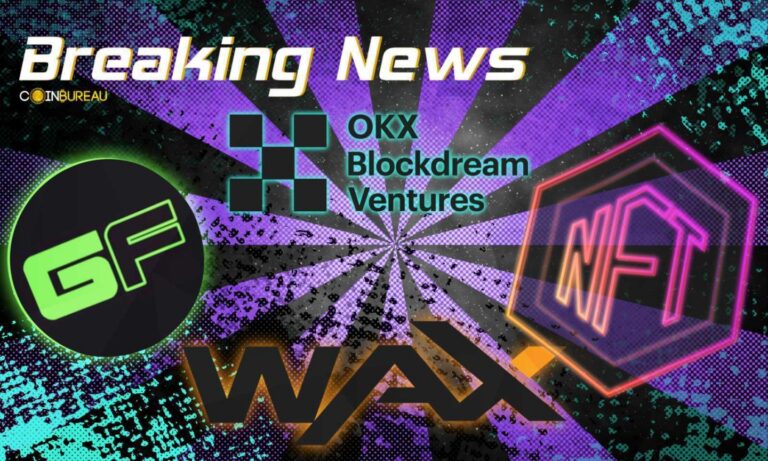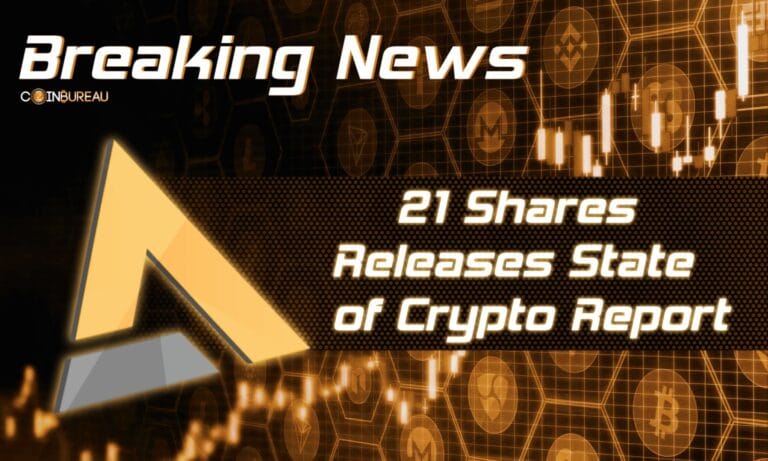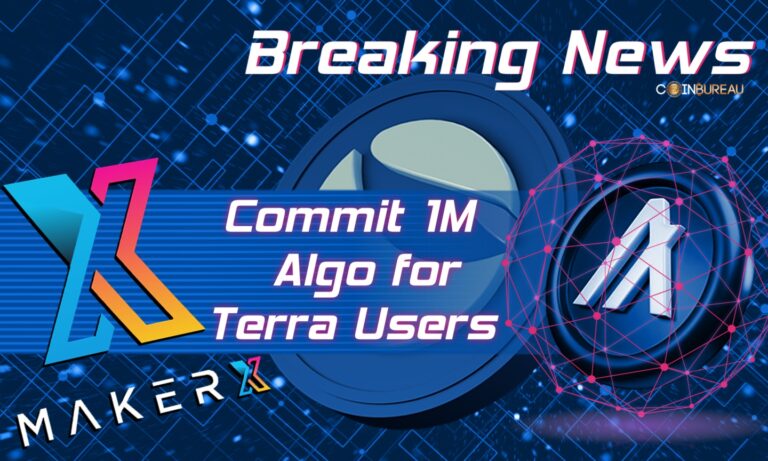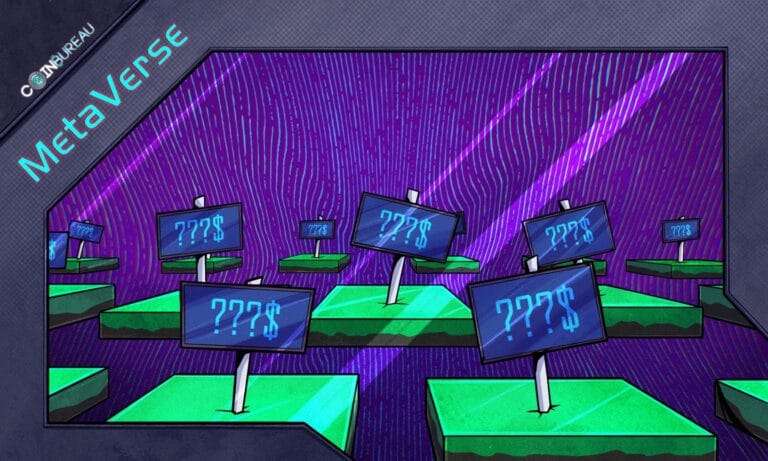Venezuelan President Nicholas Maduro has announced that his country will begin the creation of a new cryptocurrency, the Petro. This is in response to the hyperinflation and other financial woes that the country has been suffering from in recent months.
The new cryptocurrency is expected to be backed up by oil reserves, gold, and diamonds. What does this mean for Venezuela, and for cryptocurrency in general?
Page Contents 👉
Predictions coming true?
Analysts have been predicting for some time that one of the major signals for cryptocurrency's future adoption is that a small or suffering country would adopt either an established cryptocurrency, or make its own. Several other press outlets have been covering the fact that Bitcoin has become a major currency in Venezuela during the crisis.
This is partly because it is difficult to acquire large enough amount of foreign paper currency like the US dollar. Some have also speculated that Venezuela is at least partly responsible for the recent increase in Bitcoin prices.
Hurdles to a cryptocurrency future for Venezuela
Already some in the Venezuelan government that stand against Nicolas Maduro have stated that this dream of his will not come true and that it is unrealistic. Let's put politics aside and consider some of the realities for establishing a national cryptocurrency for widespread use in a country like Venezuela.
The first issue is the actual creation of the currency itself. Creating a cryptocurrency is now easier than it ever has been in the past. However, it still requires some technical know-how in order to ensure that you are creating something that is safe and scalable. The speech given by President Maduro does not outline any of the technical details behind the Petro.
For example, it does not clarify if it's running on its own blockchain, if it is an ERC-20 token, or if it is a private blockchain.
We do not know if there will be any mining involved or if it is fully pre-mined like Ripple. If there is no mining involved, who will be securing all the transactions on the network? Will there be transaction fees? Who will collect those fees?
What about Petro wallets?
The second issue about the currency is going to be wallets. How are people going to hold, spend, share, and save the Petro? In a country like Venezuela that is suffering from economic strife, it would seem logical that the best course of action for a widespread wallet would be an Android-based app.
For example, an app that could quickly store and share currency and addresses through QR codes much like how China is going through its mobile payment revolution with Alipay and WeChat pay would be ideal. Instead of relying on a technology like the contactless payments that Apple Pay uses, QR codes allow for better device compatibility since all it requires is a screen and a camera. Things that almost all smartphones have.
One final point we have to consider is the distribution of the crypto currency. For example, how will people get the Petro? Will they need to go to a government office and provide exchange agents with the national currency, the bolivar, and in exchange receive the Petro on their mobile wallet?
This also brings the issue of corruption into question. Will the Petro be distributed in a fully transparent way? Or if the currency fully pre-mined, will this just boil down to widespread money printing like the kind that has destroyed the value of the bolivar today?
Ignoring the Petro for a Bitcoin
One final circumstance that may happen, even if the rollout and supporting technology for the Petro are successful, is that the people may not care about or trust it. Venezuela has already seen a large uptick in the number of Bitcoin users. This is because Bitcoin already has a lot of reliable and safe infrastructure on which to transact.
Bitcoin also has numerous free wallets for virtually any kind of computing platform or mobile device.
We also don't know if the Petro will see any form of adoption outside of Venezuela. Its an important fact that could greatly affect its value globally. For instance, if no one is using the Petro to transact outside of Venezuela, then it will likely see little to no adoption domestically, and thus defeat it's purpose.
Featured Image via Fotolia


